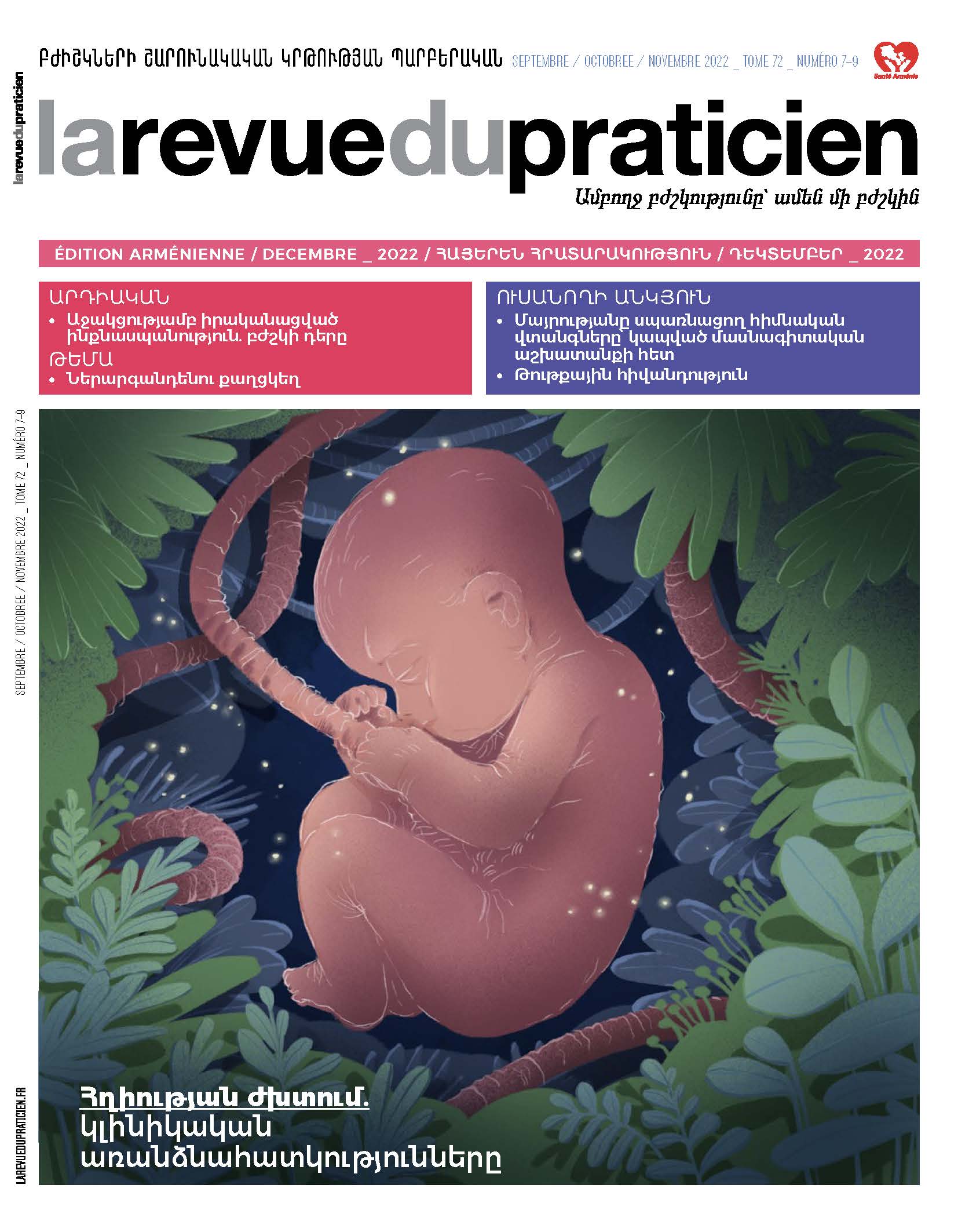Clostridioides difficile: updated recommendations 6
Frédéric Barbut, Catherine Eckert, Valérie Lalande, Killian Le Neindre, Jeanne Couturier.Abstract
Clostridioides difficile is a spore-forming anaerobic enteropathogen responsible for a wide spectrum of clinical features ranging from mild uncomplicated diarrhoea to severe debilitating disease, toxic megacolon, or even perforation and sometimes death. Risk factors for CDI include age >65 years, previous hospitalization and recent antibiotic therapy. Main virulence factors of C. difficile are toxins A (TcdA) and B (TcdB). The emergence and dissemination of a new hypervirulent strain (027/NAP/BI) in 2005 has stimulated clinical and basic research on C.difficile. Major advances have been made regarding the CDI epidemiology (better recognition of community acquired CDI), diagnosis (molecular tests) and therapy (new drugs such as fidaxomicin, bezlotoxumab, and fecal microbiota transplantation) aspects. These advances have allowed the updating of management recommendations, under the aegis of the European Society of Clinical Microbiology and Infectious Diseases (ESCMID). Antibiotic treatment of CDI depends on both the severity of the infection, and the risk/number of recurrences. Prevention of CDI requires an antimicrobial stewardship policy and the implementation of contact precautions for the infected patients.
MeSH :
Aged,
Anti-Bacterial Agents/therapeutic use,
Bacterial Toxins,
Clostridioides,
Clostridioides difficile,
Clostridium Infections/diagnosis,
Clostridium Infections/epidemiology,
Clostridium Infections/therapy,
Fidaxomicin,
Humans.
Keywords :
Clostridium.
